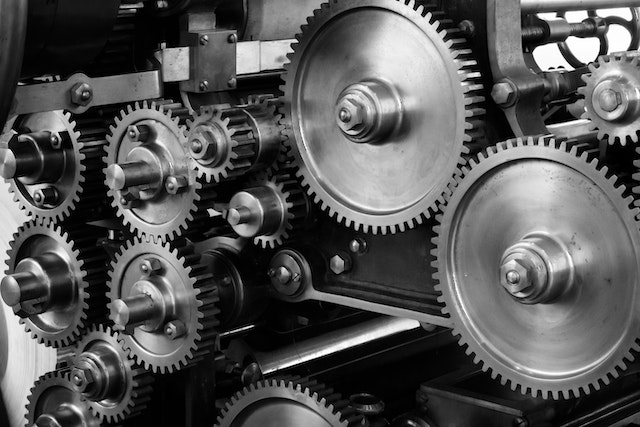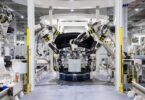Machinery is an integral part of many businesses and industries. It plays a critical role in the production cycle, and any downtime can lead to significant financial losses. This is why having a robust machinery maintenance plan is crucial for any business that relies on machinery. In this article, we will discuss the benefits of having a solid maintenance plan and how it can help reduce costs and downtime.
Why is Maintenance Important?
Proper maintenance, such as maintaining your heat exchangers, offers many benefits to a business, whether you are in the manufacturing sector or a different area. It is tempting to ignore the merits of implementing a maintenance plan, but neglecting to put one in place will harm the long-term success of your business.
Preventive Maintenance
Preventive maintenance is a proactive approach to identifying and addressing potential issues before they turn into major problems. By scheduling regular maintenance checks and inspections, businesses can detect any underlying issues and fix them before they escalate. This approach helps to minimize breakdowns and unplanned downtime, which can significantly impact production cycles and revenue. Such measures are all part of lean manufacturing.
Predictive Maintenance
Predictive maintenance involves the use of data analytics and sensors to predict when maintenance is required. By monitoring data from machines rather than using people to check them, businesses can identify trends and predict when maintenance is needed. This approach not only reduces downtime but also helps to extend the lifespan of machinery. With predictive maintenance, businesses can detect potential issues before they cause significant damage, saving both time and money.
Regular Cleaning and Lubrication
Regular cleaning and lubrication are essential components of any maintenance plan. Dust, debris, and other contaminants can build up on machinery, causing damage and reducing efficiency. By regularly cleaning and lubricating machinery, businesses can extend the lifespan of machinery, reduce the risk of breakdowns, and improve overall performance.
Employee Training
Employee training is a critical component of any maintenance plan. Properly trained employees can identify potential issues and take corrective action before they become major problems. They can also perform routine maintenance tasks, reducing the need for outside contractors and saving money in the long run. Investing in employee training can pay dividends in terms of reduced downtime and increased productivity.
Outsourced Maintenance
Outsourced maintenance can be a cost-effective solution for businesses that do not have the resources or expertise to handle maintenance in-house. By outsourcing maintenance, businesses can access specialized knowledge and equipment, reducing the risk of breakdowns and downtime. Outsourced maintenance providers can also offer customized maintenance plans tailored to the specific needs of a business, as well as the company’s budget.
Having a robust machinery maintenance plan is essential for any business that relies on machinery. By implementing preventive and predictive maintenance strategies, regularly cleaning and lubricating machinery, providing employee training, and outsourcing maintenance when necessary, businesses can reduce costs and prevent downtime. Investing in a solid maintenance plan can help businesses improve efficiency, extend the lifespan of machinery, and ultimately increase revenue.













